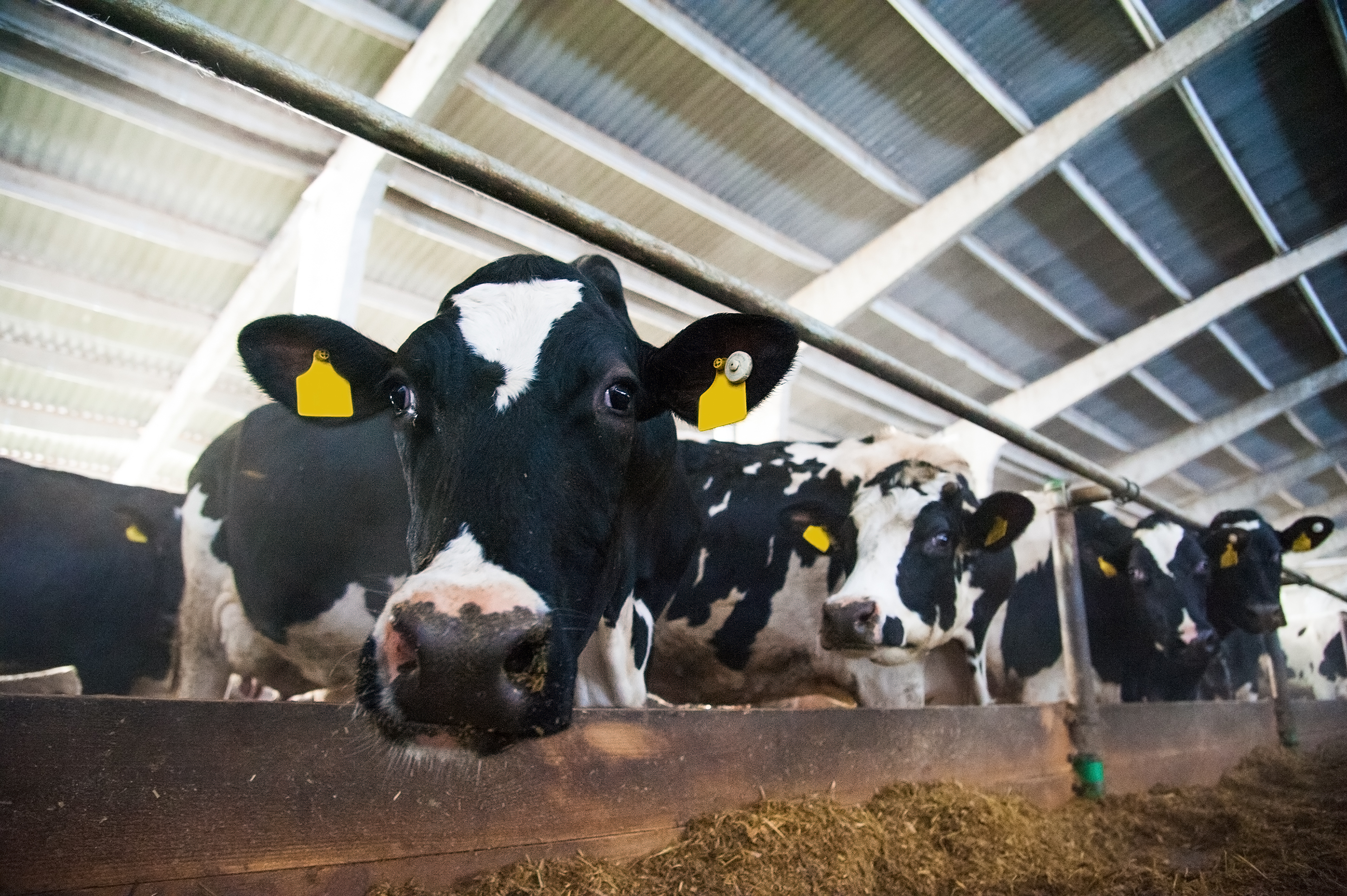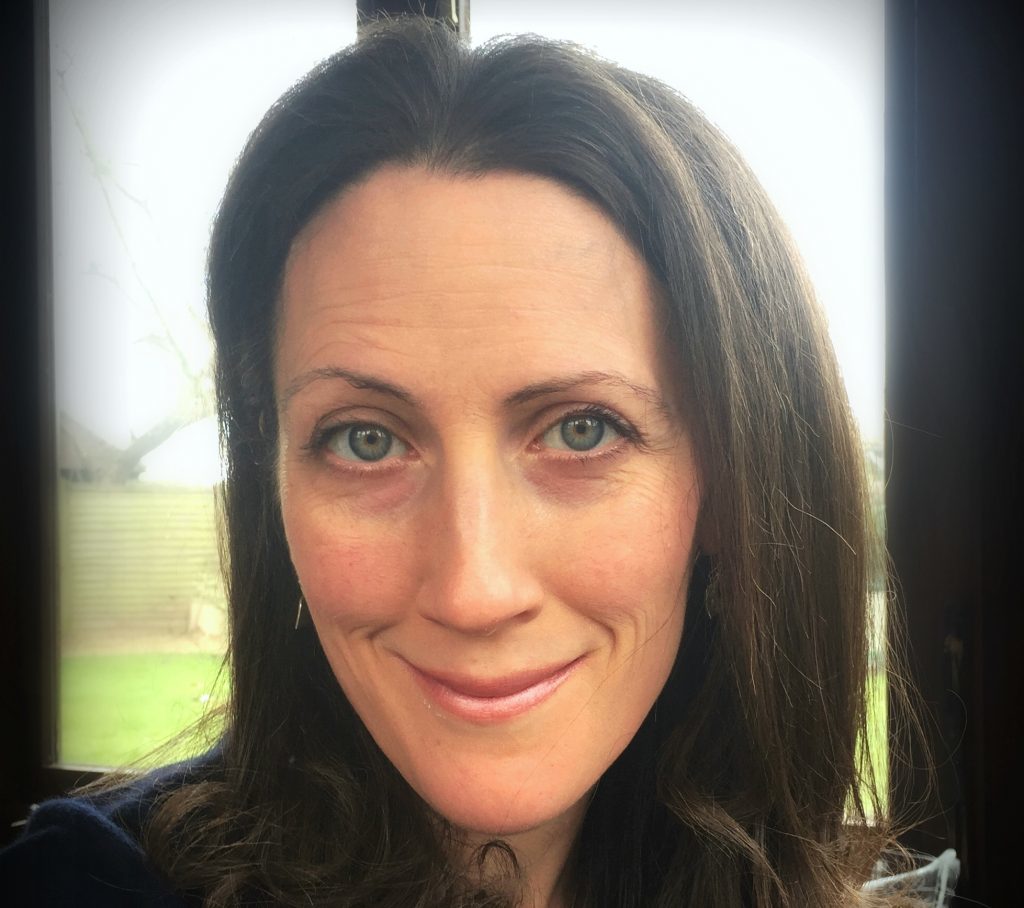
GOODBYE Veganuary, hello Februdairy.
As the number of people choosing a diet free of animal-derived products continues to rise, the dairy farming industry is fighting back.
For the duration of January, meat and dairy eaters were encouraged to go vegan – and with more options available in shops, it’s never been easier.
Now, concerned dairy farmers are responding in kind, using “Februdairy” to promote their products.
But The Vegan Society has accused the dairy industry of “using scaremongering tactics, pseudoscience and propaganda to push their agenda against veganism”, adding “it’s clear those in the dairy industry feel like their time is up”.
Jude Capper, a livestock sustainability consultant who was named Dairy Industry Woman of the Year in September – and who used to be vegan – doesn’t think so.
She believes there is space for both, but insists the dairy industry must stand up for itself in the face of rising veganism.
“There are far more vegans, particularly this month, than what there were 10 years ago,” she said. “If this trend keeps going then in 10 or 20 years maybe there won’t be an industry.
“If – and it’s a big if – the 1% of the population who are vegan just now continues to double and double, then it will only be a matter of years before 30% of the population is vegan.
“But I’ve been surprised at how many people see information from pro-vegan groups and accept it unquestionably.
“Even with the increase in people trying a vegan diet this month, they only make up 2% of the population, so 98% of the country is not vegan.
“But the vegans I’ve been interacting with on social media have very loud voices and are keen to convert others to their lifestyle.”
As well as promoting Februdairy, a website called Tell It Like It Is has been set-up by Dairy UK, The Dairy Council and the Agriculture and Horticulture Development Board (AHDB) to provide dairy farmers with the tools to combat criticism. In addition, a £1.2m consumer campaign has been launched by Dairy UK and AHDB.
Dr Capper, who has a PhD in ruminant nutrition, continued: “Some people want to better understand in order to make an informed choice, so I think it’s important to answer them.
“I was vegan for around a year 25 years ago but I became non-vegan after I met some friends who had dairy farms and I learned more about it.
“I’ve no issue with anyone who makes an informed decision or says simply ‘I don’t like animals being killed’ – that’s their choice.
“But then there are those who use emotive terms to try to persuade people.”
Tesco has recently launched a new vegan range, McDonald’s is trialling a McVegan burger in Scandinavia, and ice cream brands like Cornetto and Ben & Jerry’s have vegan alternatives.
“Vegan cheeses 25 years ago were vile, but now there is choice, which is fabulous,” Dr Capper said. “And that’s the thing – we should all have a choice.”
Dominika Piasecka, spokeswoman for The Vegan Society, said: “Vegans simply wish to inspire people to live in line with the ethics they already hold in their hearts.
“It’s a topic both sides feel passionately about, but when we look at the facts and put emotions aside, everyone will see just how wrong it is to use animals in the way the dairy industry does.”
She added: “It’s clear those in the dairy industry feel their time is up – but our goal isn’t to put farmers out of a job.
“Vegans also rely on farmers to provide food, and it’s not unrealistic to expect farmers to retrain, as industries are constantly changing and people have to keep adapting.
“Dairy farmers are in the industry because there’s demand for their products, so The Vegan Society focuses on decreasing that demand rather than blaming farmers for what happens.”

Enjoy the convenience of having The Sunday Post delivered as a digital ePaper straight to your smartphone, tablet or computer.
Subscribe for only £5.49 a month and enjoy all the benefits of the printed paper as a digital replica.
Subscribe